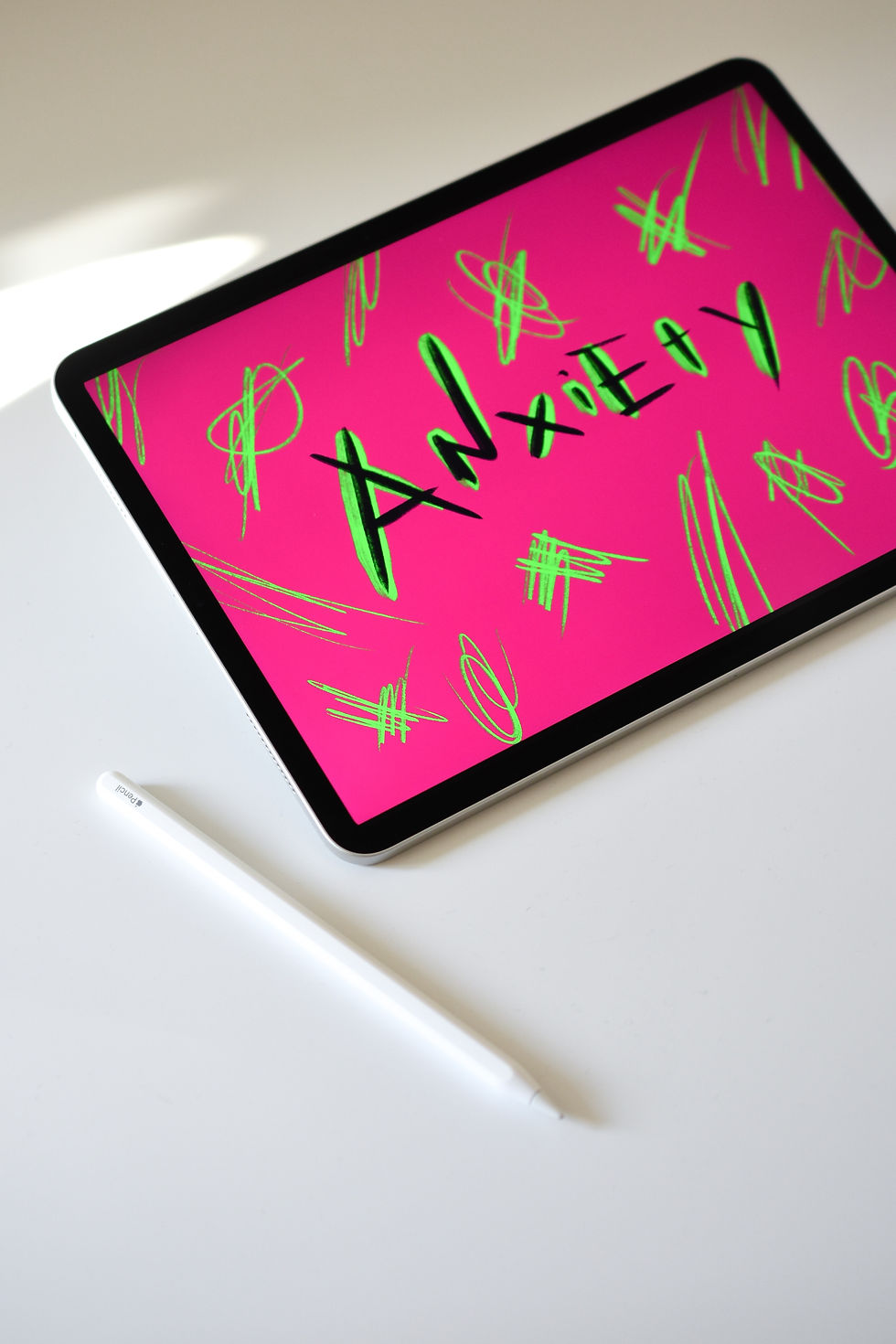Massage Therapy: A Complementary Approach to Mental Health Care
- Danielle Pukala

- Jun 13, 2024
- 3 min read

Depression and anxiety are pervasive mental health issues affecting millions of people worldwide. In the United States alone, nearly 40 million adults experience an anxiety disorder in any given year. Furthermore, an estimated 14.8 million U.S. adults had at least one major depressive episode with severe impairment in the past year. These statistics underscore the magnitude of these conditions and the need for effective treatments.
While medication and psychotherapy are standard treatments, complementary approaches like massage therapy are gaining recognition for their potential benefits in managing symptoms of depression and anxiety.
Massage therapy has been used for thousands of years across various cultures to heal, soothe, and relieve physical and emotional pain. Today, it’s being increasingly recognized for its potential benefits in treating mental health conditions, including depression and anxiety.
Physical & Emotional Benefits of Massage Therapy
A massage session does more than just feel good. It can lower the amount of cortisol, a hormone produced when your body is stressed. This reduction in cortisol is accompanied by an increase in serotonin, sometimes referred to as the “happy chemical” because it reduces feelings of depression and carries signals between nerves and your body. By lowering cortisol and increasing serotonin, massage therapy can boost your body’s ability to fight off pain, anxiety, and feelings of sadness.
Beyond its physical benefits, massage therapy provides many emotional benefits. Many people report feeling more relaxed and calmer after a massage. It offers a safe and nurturing space for individuals to refocus and find clarity. Massage therapy can lower stress levels, improve mood and relaxation, and increase confidence and self-image.
The Science Behind Massage Therapy and Mental Health
Several studies suggest that massage therapy can have positive effects on the body, including a decrease in stress chemicals, such as cortisol. Research also indicates that massage therapy can release endorphins— the body’s natural painkillers. It can also reduce the heart rate and may even impact the immune system.
Specifically, research has shown that massage therapy can reduce symptoms of depression and anxiety. A review of 17 scientific studies involving 786 people found that massage had many positive benefits for people experiencing depression and led to a reduction in symptoms.
Massage Therapy as a Complementary Treatment
While medication and psychotherapy remain the mainstays of treatment for depression and anxiety, massage therapy can be an effective complementary approach. It’s important to note that while massage therapy can provide relief, it should not replace conventional medical care. As with all integrative therapies, it’s crucial to discuss with your doctor if you’re considering massage therapy as part of your treatment plan.
Depression and anxiety are complex conditions that require a multifaceted treatment approach. Massage therapy, with its physical and emotional benefits, can be a valuable tool in managing these conditions. By reducing stress, boosting mood, and promoting a sense of well-being, massage therapy can enhance traditional treatments and contribute to overall mental health care.
Remember, if you’re struggling with depression or anxiety, you’re not alone, and help is available. Reach out to a healthcare professional to discuss your options and find a treatment plan that works best for you.
**Disclaimer: This article is intended for informational purposes only. It’s not a substitute for professional medical advice, diagnosis, or treatment. Always seek the advice of your healthcare provider with any questions you may have regarding a medical condition.
Remember, if you or someone else is in immediate danger, always call 911. It’s important to reach out when you need help, and these resources are here for you. You’re not alone.
988 Suicide & Crisis Lifeline: If you or someone you know is struggling or in crisis, help is available. You can call or text 9881. This service is confidential, free, and available to everyone 24 hours a day, seven days a week.
Crisis Text Line: You can reach the Crisis Text Line by texting “HELLO” to 741741. This hotline is available 24 hours a day, seven days a week throughout the U.S.
#Massage #MassageTherapy #MentalHealth #DepressionRelief #AnxietyRelief #HolisticHealth #Wellness #StressRelief #HealingTouch #MindBodyConnection #ComplementaryTherapy #MentalHealthMatters #SelfCare #Relaxation #MassageBenefits #HealthAndWellness #MentalHealthAwareness #NaturalHealing #MassageForMentalHealth #MassageandBodyworkbyDanielle



Comments